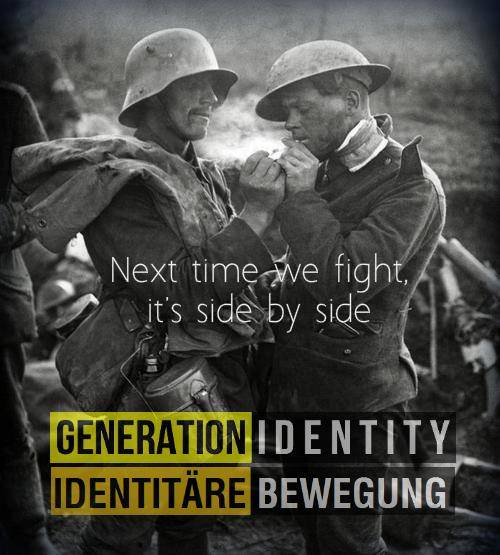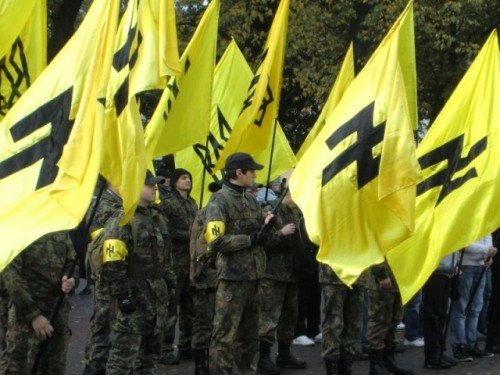Björn Söder, Swedish Jews, and Multiculturalism
Of all the accusations commonly leveled against a Jews as a group, perhaps the one they find most frightening is the accusation that they are disloyal, or aren’t ‘quite’ like the rest of us. Arguably, a large part of the Jewish evolutionary strategy consists of maintaining a pose, or pretence, to be fully in and of the nation and its people. In this context, accusations of disloyalty, or even gentle reminders that Jews have an unassimilated separate ‘identity,’ disturb the strategy in such a fundamental manner that the entire Jewish ‘game’ seems to be in jeopardy. Since the era of Jewish ‘emancipation,’ the pursuance and success of the strategy has been highly dependent on the rest of society granting Jews citizenship on equal terms, and failing to note that Jews have a different agenda and aren’t playing by the same rules. Jews therefore jealously censor discussion of their loyalty, citizenship, identity, and place within the nation.
Given these realities, I wasn’t surprised this week when Jewish leaders in Sweden got a little hot under the collar after Björn Söder, secretary of the anti-immigrant Sweden Democrats (SD) and deputy speaker in Parliament, went on record with some fairly innocuous comments about citizenship and identity which, disturbingly for the Hebrews, happened to mention Jews.
In an interesting and frank newspaper interview published on Sunday, Söder is reported to have said:
I think that most people with Jewish origin who have become Swedes leave their Jewish identity behind. But if they don’t, it doesn’t have to be an issue. One must distinguish between citizenship and nationhood. They can still be Swedish citizens and live in Sweden. Sami and Jews have lived in Sweden for a long time.






